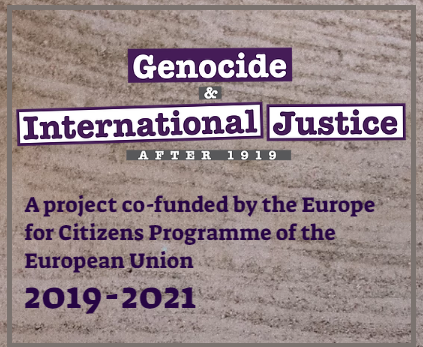
Examining European History from a new perspective
The Treaty of Versailles was signed on June 28, 1919. That summer marked the beginning of two contrasting historical developments. One movement that gathered momentum advocated for peaceful international solutions and justice and for the rescue of the victims, especially those of the Armenian Genocide and other mass atrocities. First steps of international justice were debated, the first High Commission for Refugees was created by the League of Nations. On the other hand, a contrasting moment set the ideological foundations of the worst atrocities the century was yet to
experience.
In this regard, the conference sits at the intersection of two burgeoning fields of historical inquiry: the history of humanitarianism and international justice, on the one hand, and the history of political violence and radical political ideology in the interwar period, on the other. It aims to explore how these contrasting movements were affected by the atrocities of World War I and by the Treaties that ended the war (from Versailles to Lausanne), and what part they eventually played in political thinking in Europe.
Phiren Amenca, in collaboration with the European Union of Jewish Students and the Lepsius House Potsdam, is a partner of the Armenian General Benevolent Union Europe in the project “Genocide and International Justice after 1919” funded by the Europe for Citizens Programme.
Find out more about the project and register for the conference at https://www.genocideandjusticeafter1919.com/conference

